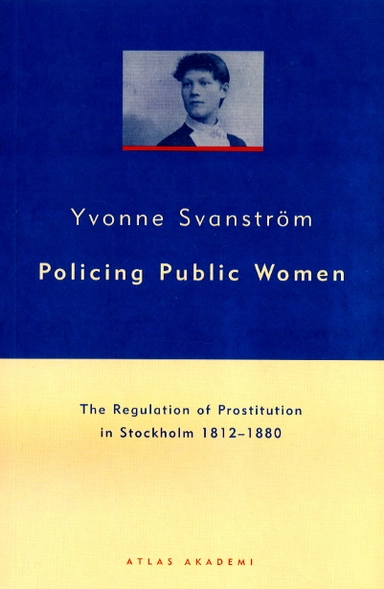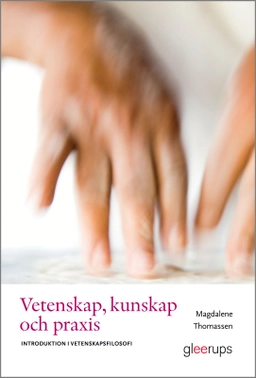

Policing public womenUpplaga 1
- Upplaga: 1a upplagan
- Utgiven: 2000
- ISBN: 9789189044753
- Sidor: 502 st
- Förlag: Bokförlaget Atlas
- Format: Häftad
- Språk: Svenska
Om boken
For more than 70 years the City of Stockholm controlled the health of public women through a division of the police force that worked solely with this and, during the short period of time that they existed, with the supervision of the municipal brothel. The supervision proper was introduced in 1859, but there had been attempts to start a similar way of controlling the prostitutes as early as the 1830s.
In establishing a gendered system that made women the sole source of venereal diseases, Stockholm and other Swedish cities followed a contemporary European pattern. When the system was abolished in 1918, it had for a long time been subject to severe criticism.
This study discusses, from a feminist perspective, the arguments used by the authorities and other influential groups in the society when the system was established. The study also discusses the consequences of these regulations for the women concerned, and the effects on attitudes and opinions on prostitution in society.
Yvonne Svanstrm works at the Department of Economic History and the Centre for Women's Studies at Stockholm University. Her current research project is focused on the post-war processes leading up to the recent law on prostitution in Sweden, in which it is criminal to buy sexual services.
Åtkomstkoder och digitalt tilläggsmaterial garanteras inte med begagnade böcker
Mer om Policing public women (2000)
I januari 2000 släpptes boken Policing public women skriven av Yvonne Svanström. Det är den 1a upplagan av kursboken. Den är skriven på svenska och består av 502 sidor. Förlaget bakom boken är Bokförlaget Atlas.
Köp boken Policing public women på Studentapan och spara pengar.
Referera till Policing public women (Upplaga 1)
Harvard
Svanström, Y. (2000). Policing public women. 1:a uppl. Bokförlaget Atlas.
Oxford
Svanström, Yvonne, Policing public women, 1 uppl. (Bokförlaget Atlas, 2000).
APA
Svanström, Y. (2000). Policing public women (1:a uppl.). Bokförlaget Atlas.
Vancouver
Svanström Y. Policing public women. 1:a uppl. Bokförlaget Atlas; 2000.
Bokens omdöme
Ingen har recenserat den här boken ännu.



















